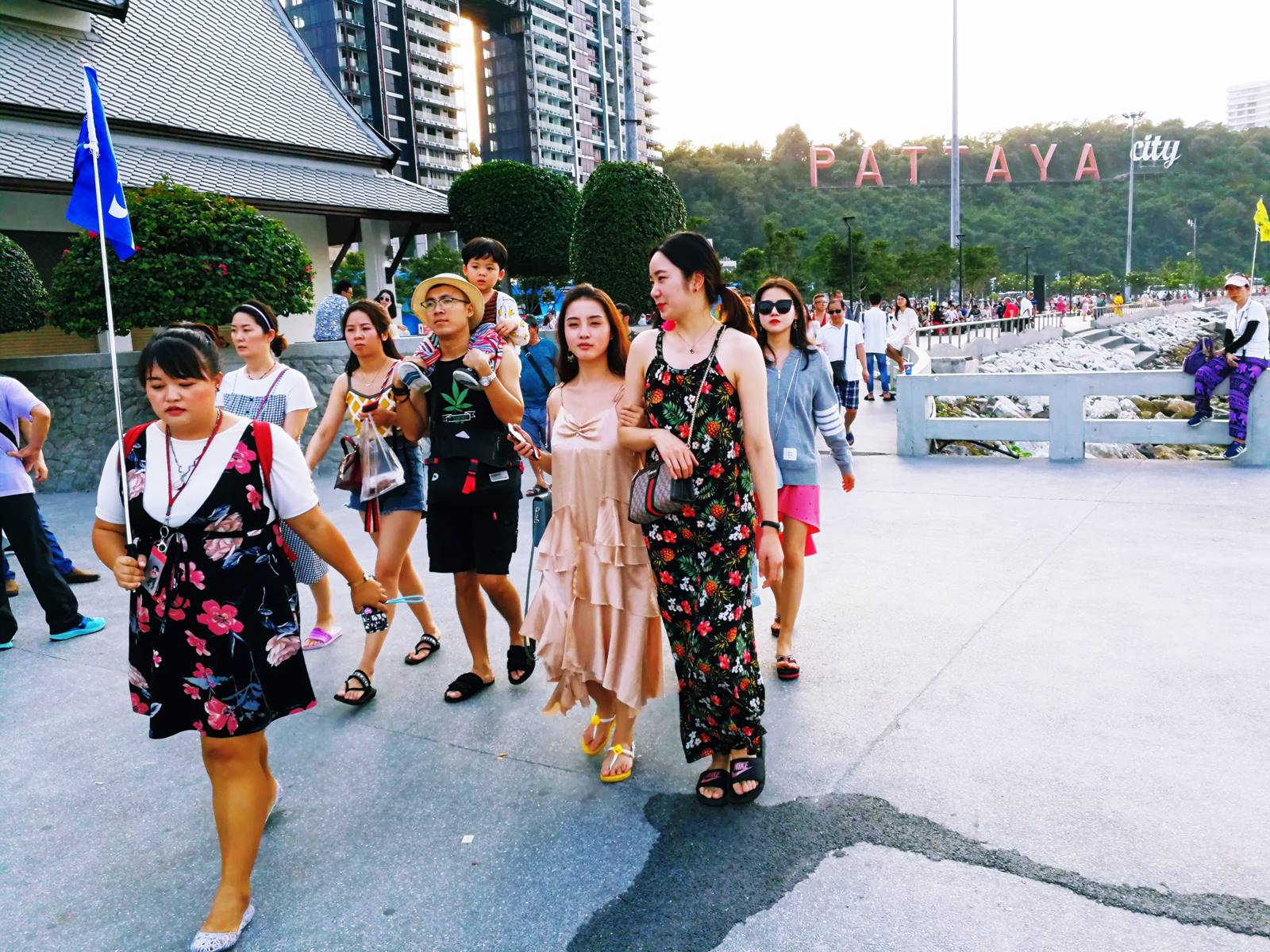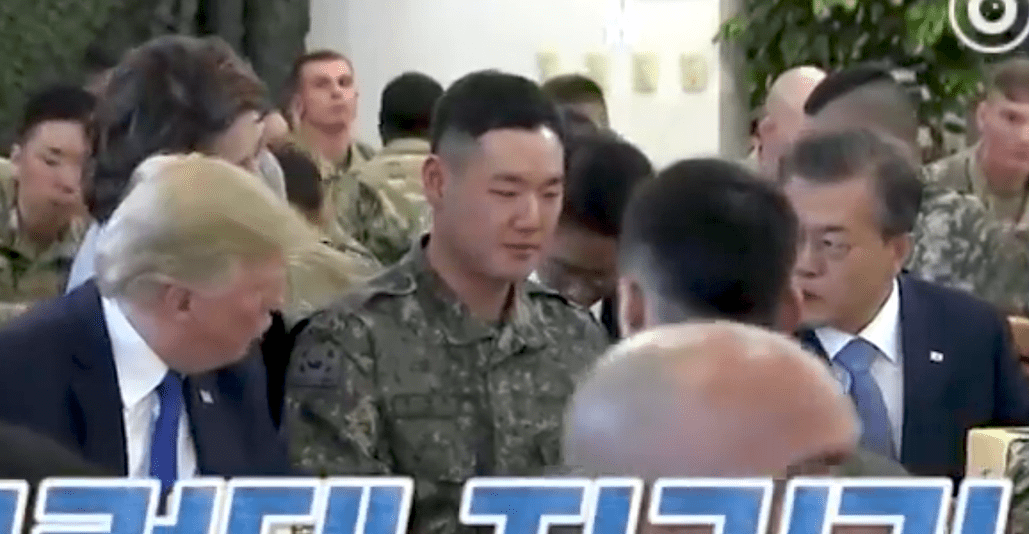Politics
What Indonesia’s legislative polls do and don’t mean

Author: Liam Gammon, ANU
Indonesia’s PDI-P party, the home of Soekarno-ist nationalism, was expecting Wednesday’s legislative elections to carry it to a stunning comeback after a decade out of government during the Yudhoyono years.
It had the good fortune of being associated with Joko Widodo (normally known as Jokowi), the Jakarta governor whose mass popularity had convinced PDI-P’s old guard to give him the party’s 2014 presidential nomination. Opinion polls gave the PDI-P hope: even with a large proportion of the electorate still undecided, research by two highly regarded pollsters showed that 21 to 24 per cent of voters were committed to voting PDI-P more than a week out from election day.

So there was noticeable disappointment on the faces of PDI-P figures who appeared on television on Wednesday evening to spin the results of the legislative elections held earlier in the day. According to preliminary counts, the PDI-P won around 19 per cent of the national legislative vote — far short of the figure in the high 20s that was its target.
The difference is significant: in Indonesia, political parties can only nominate a presidential candidate if they win 20 per cent of seats in the national parliament, or 25 per cent of the popular vote. If they miss that threshold, they need to form a coalition with other parties in order to get over the line.
The narrative snapped into place on Wednesday night. The Jokowi effect was a flop, some of the governor’s critics gleefully said. One explanation advanced by Jokowi defenders and commentators alike was that former president Megawati’s daughter, Puan Maharani, oversaw a communications strategy from PDI-P head office that botched the opportunity to associate the party’s brand with its most popular figure, Jokowi, by putting herself front and centre in advertising.
The recriminations within PDI-P about how Jokowi’s popularity was or was not exploited, and debates amongst analysts about whether it mattered, will likely drag on for some time now. As Ed Aspinall reminds us, crude national-level results cannot capture the complexity of factors influencing the outcome of legislative elections in Indonesia’s open party list system, where legislative candidates run as individuals as much as representatives of parties, often fighting for votes with their own colleagues.
But the significance of Wednesday’s result for what lies ahead in July’s presidential election should not be overstated.
Make no mistake: Joko Widodo will almost certainly be the next president of Indonesia, notwithstanding PDI-P’s disappointing showing at this election. His closest rival in the presidential race, Prabowo Subianto, is running 30 points behind Jokowi in recent opinion polls. Certainly, the usual caveats about the pitfalls of survey research in Indonesia apply — especially given how much the legislative election results deviated from the surveys. But the truth of the situation is pretty self-evident: Jokowi has a huge lead, and it’s difficult to think of a scenario in which this changes that doesn’t involve a terrible political blunder or scandal, the likes of which have not been seen before in his career.
What the legislative elections indicate, then, is that he will have to govern with a coalition that involves some of the other political parties represented in parliament. On election night, Jokowi again declared his distaste for the horse trading which is part and parcel of how Indonesian coalitions are put together. Nevertheless, with PDI-P potentially falling under that crucial threshold of 20 per cent of parliamentary seats required to nominate a presidential candidate, it will need to offer cabinet seats and perhaps even the vice presidency to politicians from other parties. The expectations of some that a PDI-P landslide would occur, strengthening Jokowi’s hand within that party and giving him a degree of autonomy from the demands of others, have not been met.
This does not halt ‘Jokowimentum’. But after July, when Jokowi will probably be elected president, he will have to deal with the behaviour of political allies-of-convenience. And they may not share his preoccupation with responding to public demands for greater social spending and attacking the corruption built into state budgets. As someone who realises how precious his carefully cultivated reputation for honesty is to his political career — and how fragile it could be — Jokowi must dread the prospect of the corruption scandals that will inevitably hit a cabinet stuffed with party politicians.
Jokowi’s critics within the establishment say that he lacks the experience to be president. What they really mean is: he lacks experience playing politics on our terms. The tension between Joko Widodo’s populist instincts, and the pressures to deal with establishment elites in a system in which patronage politics and deal-making predominate, will be at the heart of his (likely) presidency.
Liam Gammon is a PhD candidate at the ANU College of Asia & the Pacific.
Read the original post:
What Indonesia’s legislative polls do and don’t mean
Politics
US Navy Carrier Conducts Exercises in South China Sea

TEHRAN (Tasnim) – A US Navy aircraft carrier conducted exercises in the contested South China Sea on Friday, the US navy said in a statement. –
A strike group led by the USS Ronald Reagan conducted flight operations and high-end maritime stability operations and exercises, the statement said, Reuters reported.”Integration with our joint partners is essential to ensuring joint force responsiveness and lethality, and maintaining a free and open Indo-Pacific,” US Navy Commander Joshua Fagan, Task Force 70 air operations officer aboard USS Ronald Reagan, was quoted as saying.The drill comes amid heightened tensions between the United States and China.
Washington has criticized Beijing over its novel coronavirus response and accuses it of taking advantage of the pandemic to push territorial claims in the South China Sea and elsewhere.The United States has long opposed China’s expansive territorial claims in the South China Sea and has sent warships regularly through the strategic waterway.China has objected to such exercises and said the US rejection of its claims in the South China Sea has raised tension and undermined stability in the region.China claims nine tenths of the resource-rich South China Sea, through which some $3 trillion of trade passes a year. Brunei, Malaysia, the Philippines, Taiwan and Vietnam have competing claims.
Politics
How China is using tourism for geopolitical goals
The Chinese government has a degree of leverage over its tourists that other governments do not enjoy. Many Chinese tourists are new to international tourism and have limited international language abilities

Decades of astonishing economic growth have given China new tools for extending its influence abroad and achieving its political goals.
(more…)












